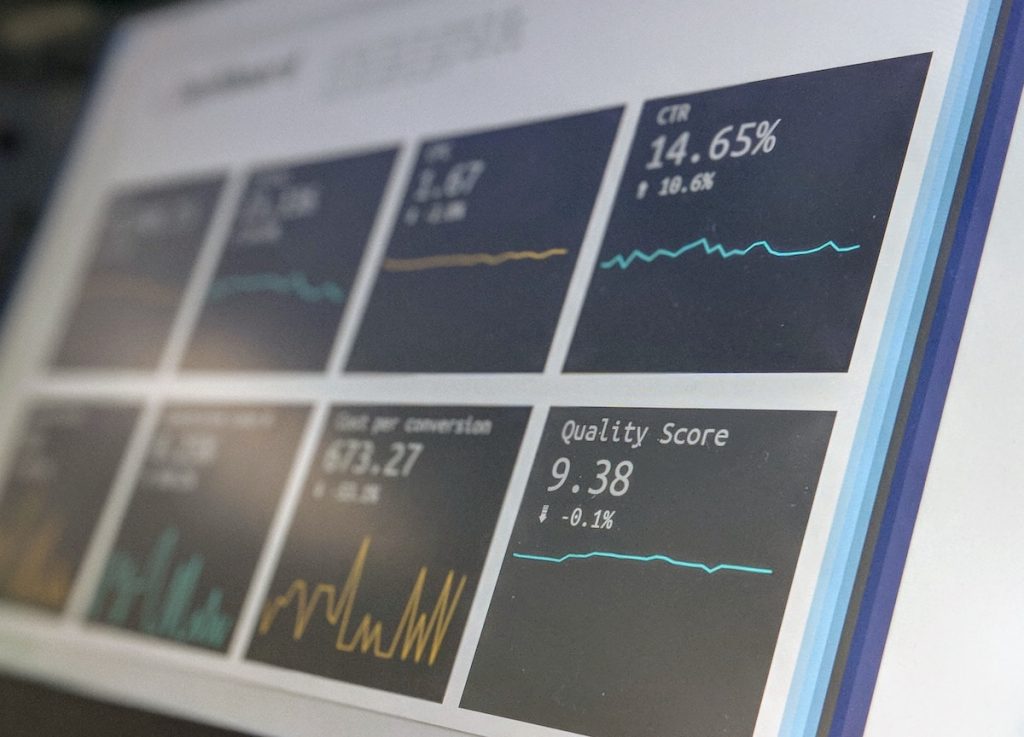Starting a new business can be an exciting journey filled with passion and innovation. However, for startups to thrive, they need a well-structured and efficient sales pipeline. A sales pipeline is the backbone of any successful business, as it helps in converting leads into customers. In this guide, we will walk you through the essential steps to build a sales pipeline that can propel your startup toward success.
Understand Your Ideal Customer
You need to have a clear understanding of your target audience. Define your ideal customer persona by considering demographics, pain points, and buying behaviors. This is very important when it comes to managing and optimizing sales pipeline, and, by knowing your customers inside and out, you can tailor your sales efforts to their specific needs, increasing the chances of conversion.
Generate Leads
Once you’ve identified your ideal customer, it’s time to generate leads. There are various ways to do this, including content marketing, social media, email marketing, and networking events. Creating valuable content that addresses your audience’s pain points is a great way to attract potential customers to your startup. Ensure that your lead generation strategies align with your ideal customer profile.
Qualify Leads
Not all leads are created equal. It’s crucial to separate the high-potential leads from those who are unlikely to convert. Implement lead scoring criteria to determine which leads are more likely to become paying customers. Factors to consider when scoring leads may include their level of engagement, budget, and how well they fit your ideal customer profile.
CRM Software
Invest in Customer Relationship Management (CRM) software to manage and track your leads effectively. A good CRM system helps you organize leads, track interactions, and streamline communication within your sales team. Popular CRM tools like Salesforce, HubSpot, or Zoho can provide startups with the necessary tools to manage their sales pipeline efficiently.
Define Sales Stages
Establish clear and defined stages in your sales pipeline. These stages represent the journey a lead takes from the initial contact to becoming a paying customer. Common stages include lead, prospect, opportunity, proposal, and closed deal. Customize the stages to match your startup’s specific sales process.
Create a Sales Playbook
Develop a sales playbook that outlines your sales process, including scripts, objection handling, and closing techniques. This playbook will serve as a valuable resource for your sales team, ensuring consistency and alignment in your sales efforts.
Nurture Leads
Not all leads will be ready to purchase immediately. Some may need time to evaluate their options and build trust with your startup. Implement lead nurturing strategies, such as email drip campaigns, to stay engaged with leads and provide them with valuable information that addresses their needs and concerns.
Track and Analyze
Regularly monitor the progress of your leads through the sales pipeline. Use analytics and reporting tools to identify bottlenecks, drop-off points, and areas for improvement. Continuously refine your sales process based on data-driven insights to optimize conversion rates.
Sales Team Training
Invest in training and development for your sales team. Equip them with the skills and knowledge they need to effectively engage with leads and close deals. Regular training sessions and coaching can help your team stay competitive and adapt to changing market conditions.
Feedback Loop
Establish a feedback loop between your sales and marketing teams. Regular communication and feedback sharing can help align both teams’ efforts and ensure that marketing is generating the right leads, while sales is effectively converting them.
Building a sales pipeline is a critical step for startup success. By understanding your ideal customer, generating and qualifying leads, investing in CRM software, defining sales stages, creating a sales playbook, nurturing leads, tracking progress, providing training, and maintaining a feedback loop, your startup can develop an efficient and effective sales pipeline.
Remember that building a pipeline is an ongoing process that requires continuous refinement and adaptation to changing market conditions. With a well-structured sales pipeline in place, your startup will be better equipped to convert leads into loyal customers and drive growth in the long run.


